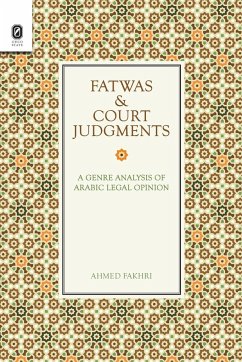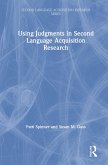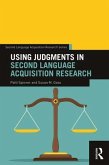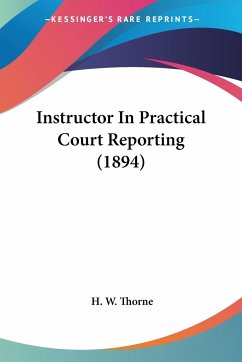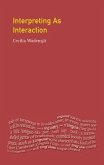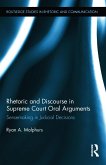Fatwas and Court Judgments: A Genre Analysis of Arabic Legal Opinion uses a genre analysis approach to investigate how Arabic legal opinion is linguistically and rhetorically constructed in two culturally significant types of texts: secular court judgments and fatwas, the Islamic edicts based on sharii'a law. Ahmed Fakhri's analysis shows that the court judgments exhibit several Western-inspired features, particularly the complexity of syntax and the rhetorical moves utilized to construct arguments. But the fatwas maintain conventional Arabic patterns of persuasion, such as citing religious texts, relying on affective appeal, and offering moral advice. Showing how these two radically different rhetorical traditions coexist, Fatwas and Court Judgments totally re-conceptualizes Arabic legal argumentation by highlighting its diverse sources and hybridity. The differences between the two genres stem from elements of their socio-cultural context, such as the role relations of the participants and the characteristics of the institutions to which the genres belong. Moving beyond these contexts, Fatwas and Court Judgments reveals generic practices that have broad implications for understanding various aspects of wider Arab culture, including the tension between modern secular ideologies and traditional religious beliefs, the male-dominated access to discourse, and the prevalence of utilitarian attitudes exhibited in "fatwa shopping."
Hinweis: Dieser Artikel kann nur an eine deutsche Lieferadresse ausgeliefert werden.
Hinweis: Dieser Artikel kann nur an eine deutsche Lieferadresse ausgeliefert werden.

